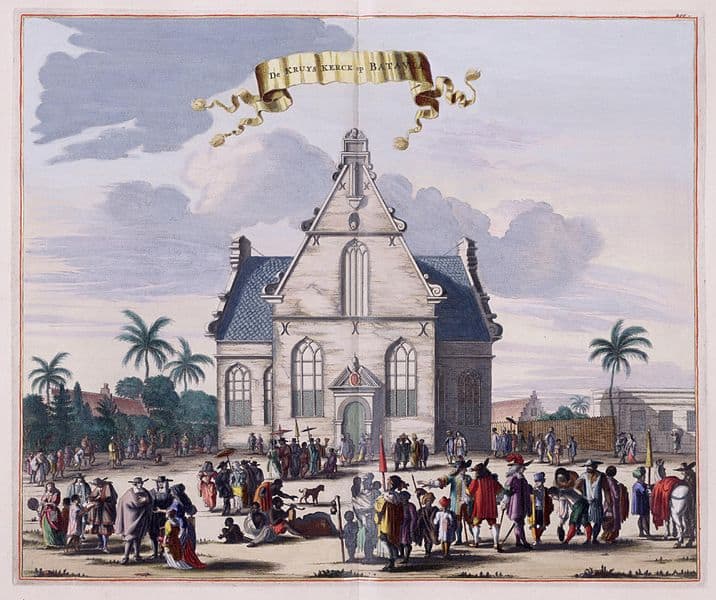
ADVERTISEMENT - CONTINUE READING BELOW
6. The Dutch-Portuguese War expanded into a nearly global war
Initially, the Dutch-Portuguese war was fought in the waters around Portugal’s Indian colonies, and in the South Pacific coast of Asia. The Dutch, in addition to capturing Portuguese colonies there, seized Jakarta (Batavia), establishing a base from which to expand to other Spice Islands. Malacca fell to the Dutch, as did the possessions of Ceylon and the Malabar Coast. The expansion of the Dutch into other islands allowed them a considerable advantage in the spice trades by the middle of the 17th century. Encouraged by the rapid growth of their trading empire, and the riches coming into their country, Dutch investors created the West India Company. The West India Company attempted to seize the Portuguese sugar plantations in South America and the Caribbean, as well as their slave factors in Angola, on the continent of Africa.
Thus the Spice Wars between the contending European powers expanded into a Sugar War, with a Dutch expedition to Brazil in 1624. The Dutch West India Company also established a colony in North America, on the island of Manhattan near the mouth of the Hudson River. During the subsequent Anglo-Dutch Wars it was ceded to the English, renamed New York in honor of the Duke of York. The wars over spices in the Indian and Pacific oceans allowed the Dutch to establish an extensive empire, through which they dominated the spice trade for centuries. The sugar wars were less successful for them, though they did establish a long-lived presence in Africa. The Dutch retained their colonial possessions in the South Pacific until they were seized by the Japanese during World War II. They reclaimed many following the war.

